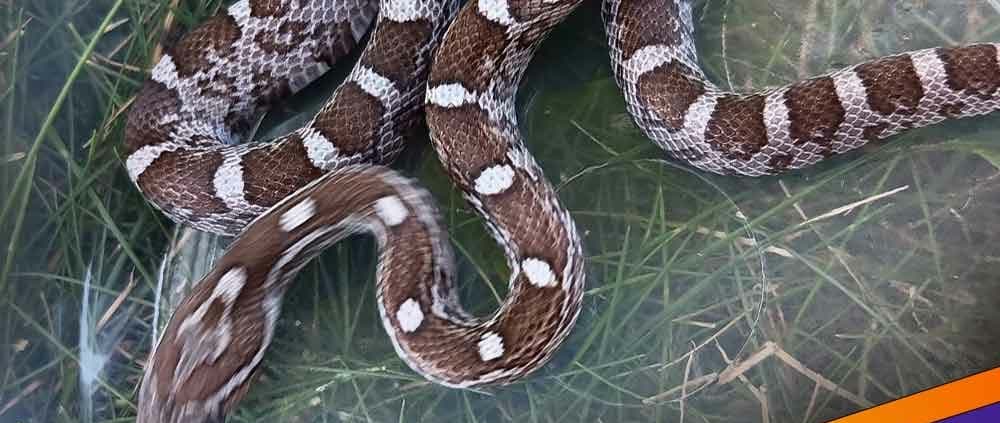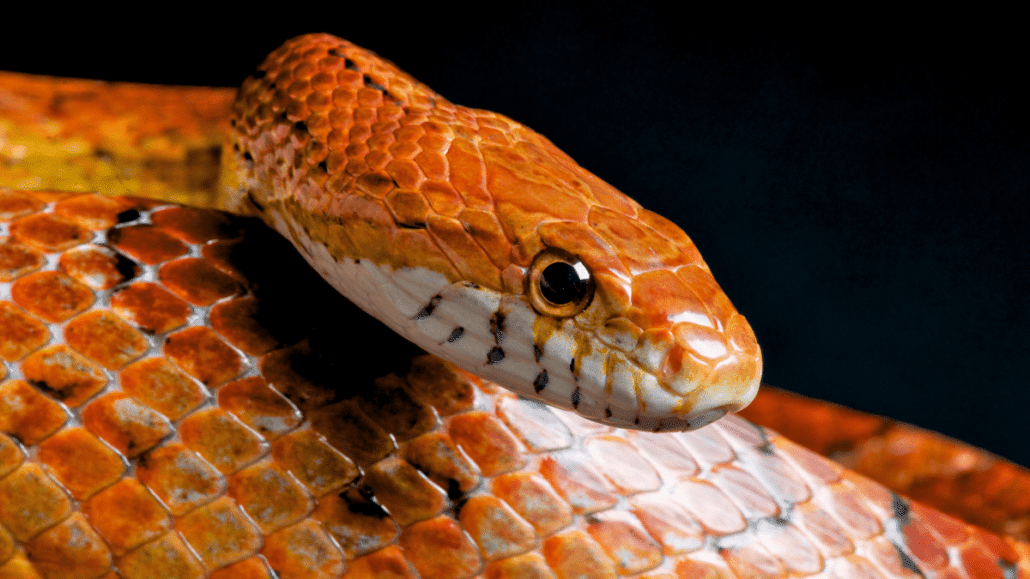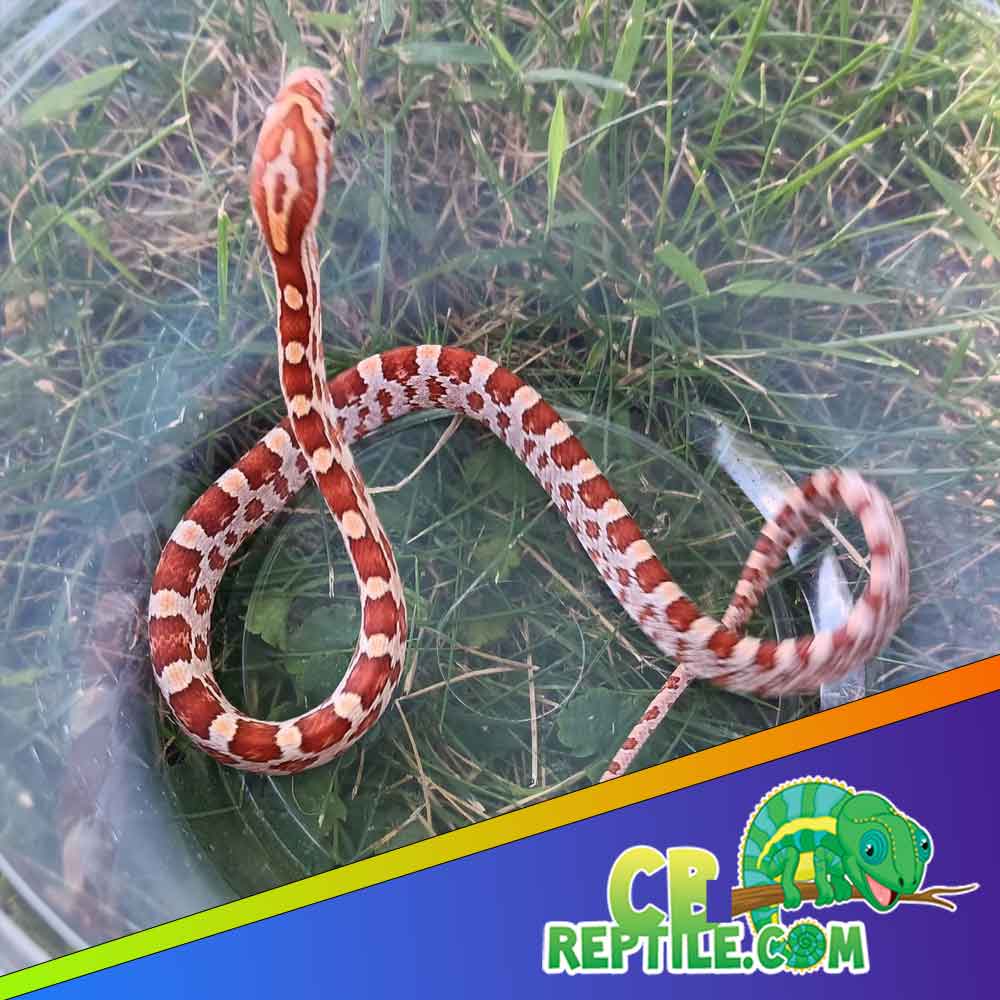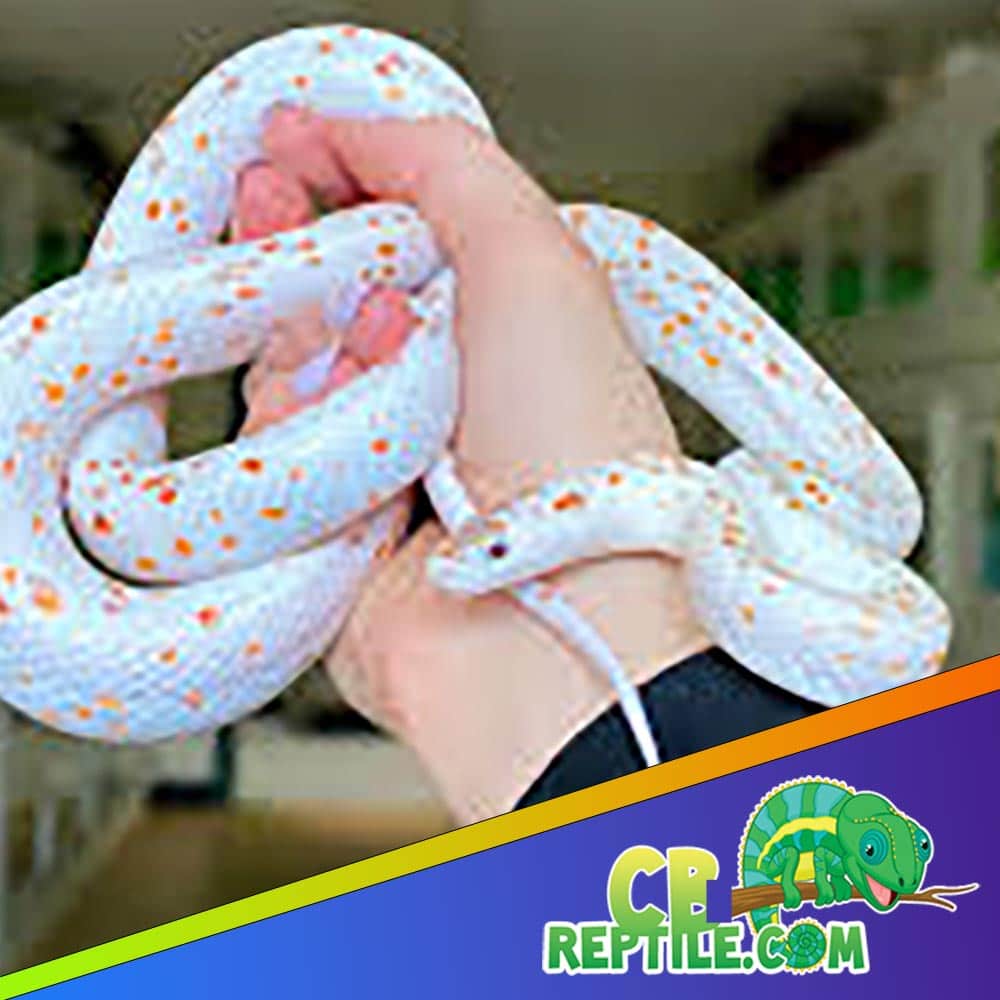
The Lifespan and Stages of a Corn Snake: A Happy Keeper’s Guide
The Lifespan of a Corn Snake
With proper care, corn snakes live an average of 15–20 years in captivity, and some even reach their mid-20s! This makes them one of the most rewarding reptiles to keep, as you’ll enjoy years of companionship. Their long lifespan is a big reason they’re so popular with reptile keepers of all levels.

The Stages of a Corn Snake’s Life

| Stage | Age Range | Key Characteristics | Care Focus |
|---|---|---|---|
| Hatchling | 0–6 months | Tiny, fragile, usually 8–12 inches long. | Small secure enclosures, pinkie mice, frequent feeding. |
| Juvenile | 6 months–2 years | Rapid growth, curious and active. | Larger prey items, upgraded enclosure, gentle handling. |
| Subadult | 2–3 years | Approaching adult size, calmer temperament. | Steady feeding schedule, adult enclosure size. |
| Adult | 3+ years | Full size (3–5 feet), steady and predictable. | Maintenance feeding, long-term care routines. |
Habitat Setup for Every Stage
Enclosure Size
- Hatchlings: 10–20 gallons or small tubs to prevent stress.
- Juveniles: 20–30 gallons as they grow longer and more active.
- Adults: 40+ gallons, with secure lids to prevent escapes.
Substrate & Décor
Aspen shavings, cypress mulch, or paper-based bedding work well. Add at least two hides (warm and cool sides), climbing branches, cork bark, and foliage. A sturdy water dish is essential for hydration and soaking.
Temperature & Heating
Corn snakes are ectothermic, so a proper temperature gradient is critical for their health. Use a thermostat to keep heating safe and consistent.
- Warm side: ~85°F surface temperature.
- Cool side: ~75°F.
- Night: ~70°F is acceptable.
Lighting & Humidity
Corn snakes do not require UVB, but providing a 12-hour day/night cycle supports healthy activity. Humidity should stay around 40–50%, with slight increases during shedding. A humid hide filled with moist moss helps ensure clean sheds at all life stages.
Nutrition at Each Stage
Feeding your corn snake the right prey size and schedule is crucial for growth and longevity.
- Hatchlings: Pinkie mice every 5–7 days.
- Juveniles: Fuzzies or hoppers once per week.
- Subadults & Adults: Appropriately sized rodents every 7–10 days.
Always feed frozen/thawed prey warmed to body temperature. Captive-bred babies from CBReptile.com are already feeding reliably, which makes mealtime stress-free.
Raising a Baby Corn Snake
Baby corn snakes are tiny but resilient when provided with the right setup. Here’s how to start them off right:
- Set up a secure enclosure: 10–20 gallons with a snug lid.
- Provide two hides: One on the warm side, one on the cool side.
- Keep temps steady: Warm side ~85°F, cool side ~75°F.
- Feed pinkies: Every 5–7 days.
- Monitor sheds: Offer a humid hide when your baby’s colors dull and eyes turn blue.
- Handle gently: Wait one week after arrival, then begin short, calm sessions to build trust.
Babies from CBReptile.com are captive-bred, healthy, and already feeding on frozen/thawed prey. This makes raising them smoother and more joyful for keepers of all experience levels.
Why Buy From Real Corn Snake Breeders?
The first step toward a long, healthy lifespan is choosing the right breeder. Pet stores often source snakes with unknown histories, which can lead to stress or illness. By choosing experienced cornsnake breeders, you ensure your snake has been raised with care, fed properly, and started in a clean, safe environment.
CBReptile.com provides not just animals, but also care advice and ongoing support—giving you the confidence to raise your corn snake through every stage of its long, happy life.
Daily & Weekly Care Routines
- Daily: Check temps, humidity, and water. Spot-clean waste.
- Weekly: Feed, gently handle, and observe overall health.
- Monthly: Deep-clean the enclosure and rotate décor to provide enrichment.
Happy Keeper’s Checklist
- Secure, escape-proof enclosure sized to your snake’s stage.
- Warm side ~85°F, cool side ~75°F, night ~70°F.
- Humidity 40–50%; provide humid hide for shedding.
- Frozen/thawed rodents scaled to body size.
- Two hides, climbing branches, and sturdy water dish.
- Gentle handling to build trust and confidence.
- Captive-bred snakes from a trusted breeder for the best start.
